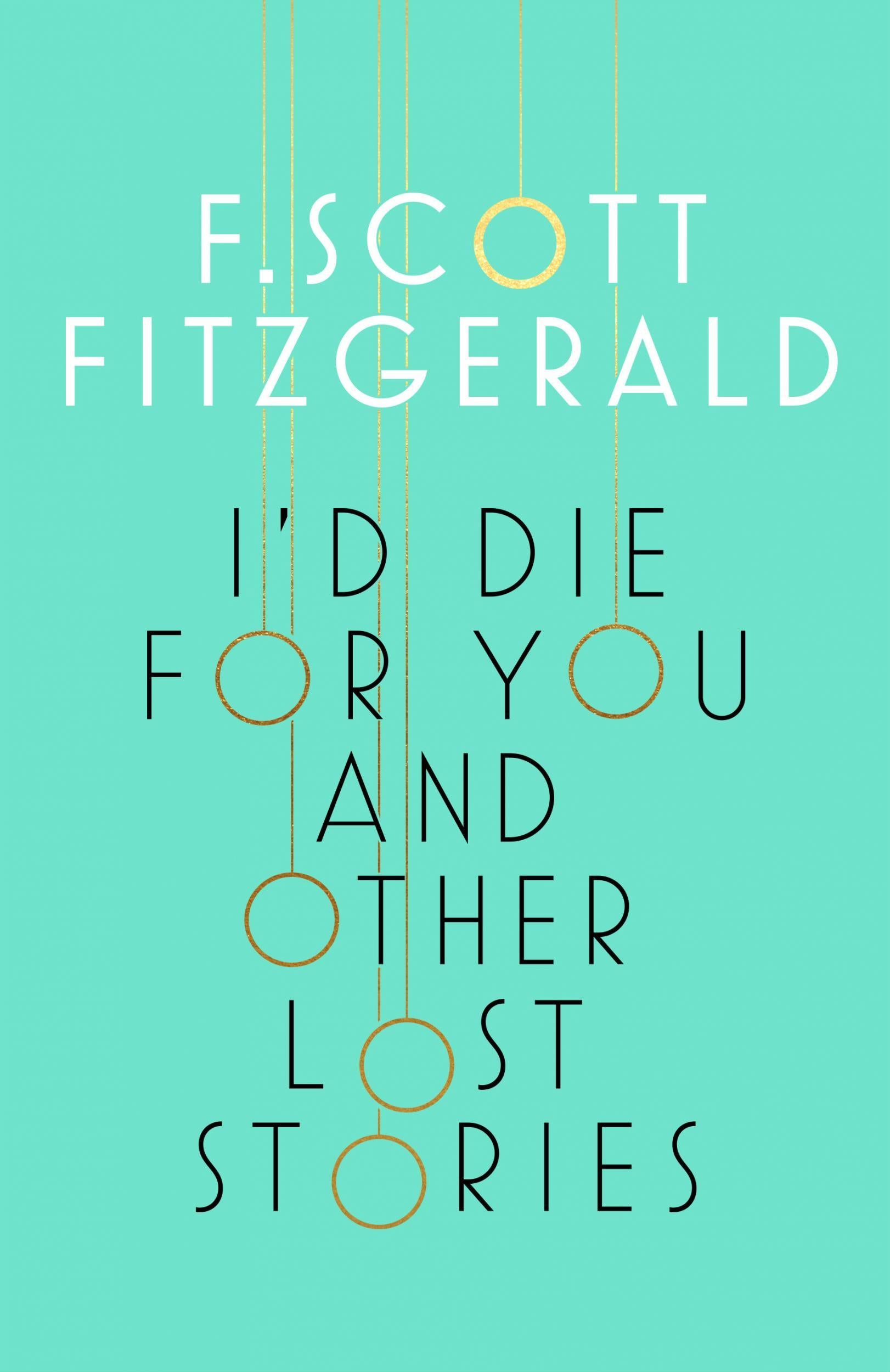I’d Die for You and Other Lost Stories by F Scott Fitzgerald, book review: There are bleak currents, but what really makes an impression is the humour
The latest collection of unpublished short stories by ‘The Great Gatsby' author were written in the 1930s at a time when he was struggling with tuberculosis, alcoholism and sanitorium costs for his wife Zelda

Your support helps us to tell the story
From reproductive rights to climate change to Big Tech, The Independent is on the ground when the story is developing. Whether it's investigating the financials of Elon Musk's pro-Trump PAC or producing our latest documentary, 'The A Word', which shines a light on the American women fighting for reproductive rights, we know how important it is to parse out the facts from the messaging.
At such a critical moment in US history, we need reporters on the ground. Your donation allows us to keep sending journalists to speak to both sides of the story.
The Independent is trusted by Americans across the entire political spectrum. And unlike many other quality news outlets, we choose not to lock Americans out of our reporting and analysis with paywalls. We believe quality journalism should be available to everyone, paid for by those who can afford it.
Your support makes all the difference.Almost a century has passed since the publication of F Scott Fitzgerald’s Jazz Age masterwork The Great Gatsby, one of the most cherished novels in American literature. A beguiling meditation on the dark side of wealth and the American dream, it resonates still as what the writer Jay McInerney has described as “a defining document of the national psyche, a creation myth”. Equally shrouded in myth and romance is the life of its creator, a wunderkind by many accounts seduced and destroyed by the hedonism of the ‘Golden Twenties’ he defined.
A common take on the trajectory of Fitzgerald’s life runs through the arc of enormous early fame and success after the publication of his first novel, This Side of Paradise, at the age of 24, to death in obscurity at the end of a late wilderness period marred by alcoholism and a sense of personal failure. The descent of his effervescent wife, Zelda, “the first American flapper” as he called her, into ever more severe mental illness, accentuated by the couple’s dissolute lifestyle, has added another layer to the tragic aura that has built up around the author’s life story. Fitzgerald died at 44, desperately trying, and failing to successfully write for Hollywood, “a great sculptor hired to do a plumbing job”, as Billy Wilder put it.
As Anne Margaret Daniel, the editor of this latest collection of unpublished short stories by Fitzgerald, points out in her sometimes startling introduction, shorter works of fiction were the writer’s “bread and butter” from the beginning of his career. He harboured ambivalent feelings toward the activity, with much talk of “whoring” and wasting valuable time on “trash”, but wrote in the region of 180 stories in his lifetime, with a volume of them published to accompany each of his four novels.
Despite disdaining having to satisfy fickle magazine editors, he took writing short fiction as seriously as he did his novels (and screenwriting) and saw it as a “testing ground”, among other things, for his longer works. The Great Gatsby was preceded by Winter Dreams, one of his most intoxicating shorter pieces, about a middle-class golf caddy who falls for a wealthy and beautiful “enamelled doll”, Judy Jones.
Most of the stories collected here were written through the 1930s, in an increasingly dark period, Fitzgerald harried by recurrent tuberculosis, drink problems and the escalating cost of having Zelda treated in expensive sanitoriums. He was also “pissing his talent away” with film contracts, as one of his magazine editors put it, trying to alchemise his prose talent into the schematic demands of screenplay work. The handful of script scenarios in this collection, such as the laboured Gracie at Sea, testify to the writer’s struggle with the movie idiom.
There are ostensibly bleak currents running through these stories – divorce, suicide, the effects of the Depression – but what really makes an impression is the humour. Some of Fitzgerald’s stories can read at times as frothy throwaway bagatelles but from the first, early (1919) story in this collection, The I.O.U., a Woody Allen-ish sensibility comes to the fore. Preston Sturges would have made a sympathetic collaborator.
Doctors are, understandably, targets for Fitzgerald’s satire, as in the raucous Women in the House, as are the Hollywood set of the title story. Stuffy notions around marriage are also subtly undercut, as in the playful Day Off From Love. In the period he was writing these stories he talked of his desire to open up a “new vein” in his work. It’s possible that his wit was piqued as his life became ever more traumatic and pressured, literally “writing for his life”, and he moved his focus away from the frivolous and the tragic. “He was happy when he died,” Daniel notes, and working hard – a somewhat shock revelation. It’s a tantalising thought.
I’d Die for You and Other Lost Stories by F Scott Fitzgerald, Simon & Schuster, £16.99
Join our commenting forum
Join thought-provoking conversations, follow other Independent readers and see their replies
Comments